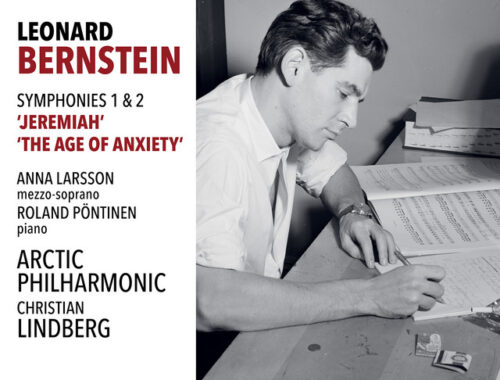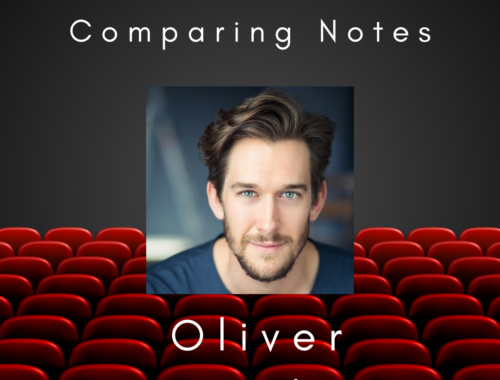Adriana sensitively exhumed
Kaufmann and Gheorghiu were not the only star attractions of this early and clearly expensive Christmas gift from the Royal Opera. Cilea’s Frenchified melodrama hasn’t been seen in the house since 1906 and the dusty wing space of Charles Edwards’ extraordinary set looked like it might actually have been excavated from the theatre as it once was at the turn of the last century. Adriana Lecouvreur is about actors – and one shining star in particular – and David McVicar and his wonderful design team have given us a fully operational and minutely detailed 18th century theatre within a high-tec 21st century shell: a wondrous wooden structure festooned with ropes and pulleys and flying cloths and multiple trap doors which we can view from every perspective as it turns through 180 degrees. Along with Glyndebourne’s Billy Budd this is the season’s most striking and accomplished design.
Adriana speaks of her theatre as “the altar of illusion” and the trick here – an obvious one but no less effective for it – is that the world beyond this omnipresent stage is merely an extension of it and that all the characters enacting this steamy tale of rivalry and status are just as incredible offstage as they are on. At one point they actually become an extension of us the audience as McVicar enjoys his now familiar signature ballet – an ingenious piece of musical dramaturgy during which the intrigue in the glitzy audience (them not us) completely upstages and disrupts the twinkle-toeing drama it mirrors onstage.
Mark Elder attends Cilea’s fragrant and gilded score with great finesse and expensive tone while the star turns on both stages do not disappoint. Alessandro Corbelli is that rare thing: a veteran superstar. He’s small and unassuming but will steal every scene given half the chance. Angela Gheorghiu has one of the finest natural instruments in the world and if only she would risk exploring the dramatic possibilities beyond her stock operatic “emoting” she could still be great. As it is, she sounded wonderful. And claws were bared and fur flew in the confrontations with her rival, the Princesse de Bouillon – played with catty relish by Michaela Schuster.
But the evening’s rarest pleasure was in hearing Jonas Kaufmann do what few of today’s tenors can do – finesse the sound and deploy wonderful colour mixes around the passaggio to produce full bodied pianissimi, not some weedy falsetto which is so often masquerades as an excuse for mezza voce. He has it all: he looks dashing, he sounds dashing, and his abundant musicality puts him into an entirely “other” league.
His extraordinary diminuendo from the cry of “Morte!” at Adriana’s passing was one such instance. How many tenors today would even attempt it? And what an inspired coup McVicar sprung here as the motley acting troupe slowly processed to the edge of “their” stage to remove their hats and gently bow to their departed heroine. That’s what theatre is all about – and this was in effect a double-dose.


